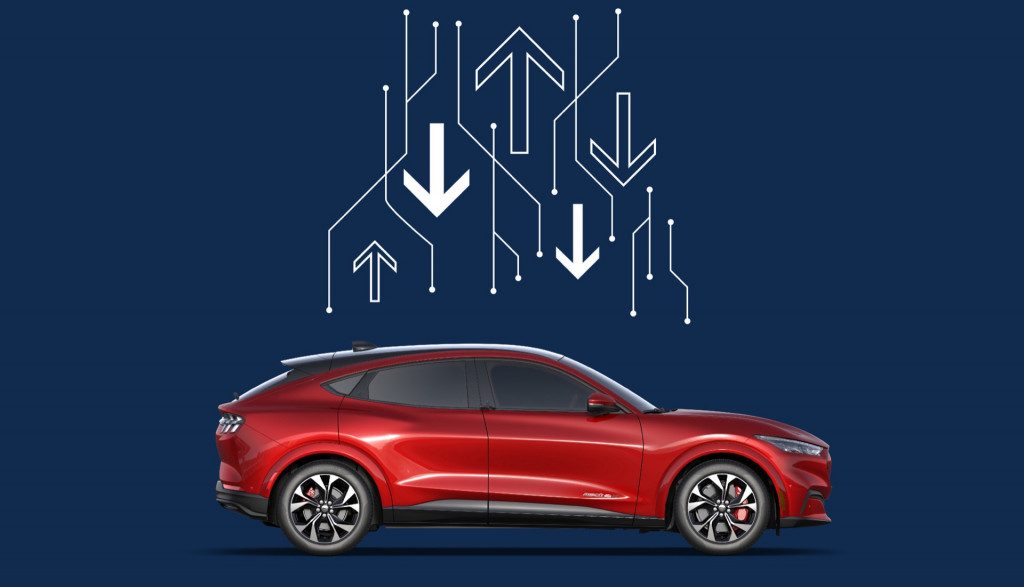Massachusetts voters on Tuesday approved an expansion of the state's 2012 "right to repair" law, and that could put makers of electric cars in an awkward position.
The law is meant to ensure that individual owners and independent repair shops have the same access to parts, tools, and software as franchised dealerships. The new expansion of the law focuses on something integral to many electric cars—data.
Under the revised law, automakers will have until the 2022 model year to adopt standardized open data platforms, explained The Verge. That would let owners and independent repair shops access telematics data that automakers tightly control.
This could become a thorny issue as automakers increasingly follow the example of Tesla and enable over-the-air (OTA) software updates, which allow for easy addition of new features and correction of bugs, but also gives automakers more control over how cars are used.
This is a contentious issue for Tesla owners. Tesla all but stopped supporting the Roadster in recent years but balked at providing any information on how to repair them—although earlier this year, after a critical mass of protest from high-profile owners, it finally started a program to support them.

Ford Mustang Mach-E, downloading update!
The service experience for owners of used Teslas has led to some independent shops that have essentially had to reverse-engineer the vehicles so that they can service some items. But Tesla can limit access to parts, or block Supercharger DC fast-charging access on repaired cars.
Tesla has remote access to an unprecedented level of data, including on owners' driving behavior, which the automaker has used to defend itself in the wake of crashes allegedly involving its Autopilot driver-assist tech.
Ahead of the Model Y launch, Tesla eliminated annual service for its models but made an effort to improve the in-house experience.
For companies like Ford and General Motors that are just starting to switch over to OTA updates, this could be cause to revisit some of the assumptions they've built into their vehicles and the data that's considered proprietary.












